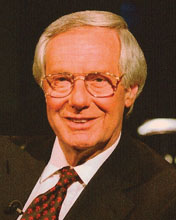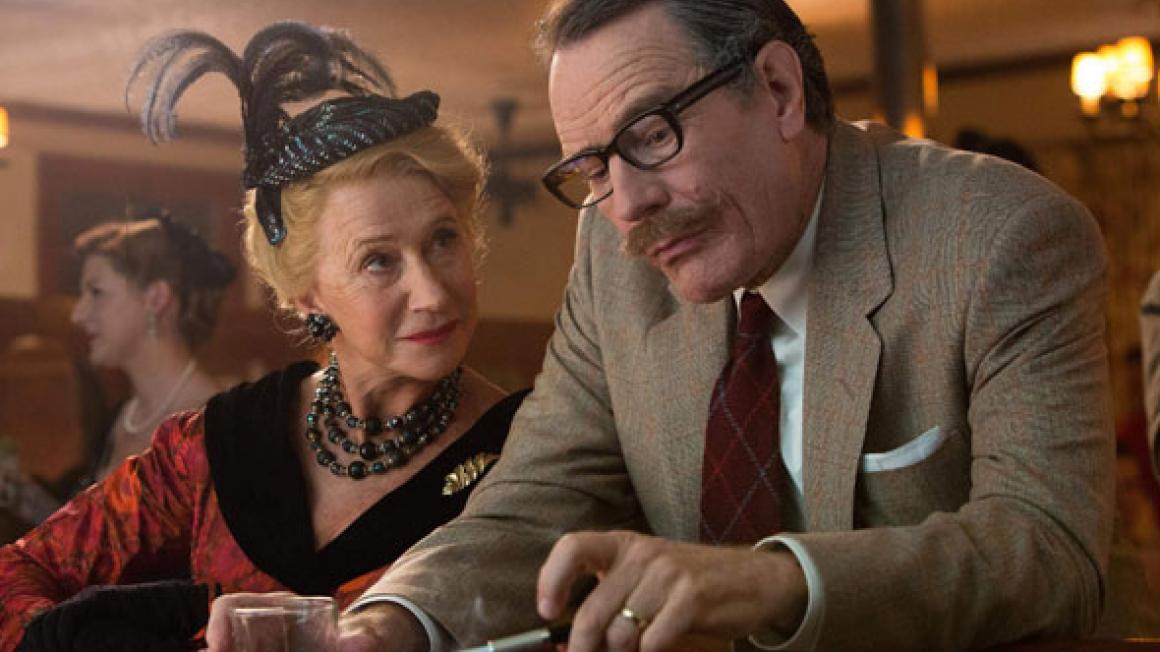Trumbo
 The first time I fell out with John Wayne was over Senator Joe McCarthy and the appalling House Un-American Activities Committee (HUAC). I gave as my opinion that McCarthy was a disgrace and Wayne gave as his that ‘Senator McCarthy was one of the finest Americans who ever lived’. That pretty much ended our conversation – my fault for forgetting that politically Wayne was far to the right of Ivan the Terrible.
The first time I fell out with John Wayne was over Senator Joe McCarthy and the appalling House Un-American Activities Committee (HUAC). I gave as my opinion that McCarthy was a disgrace and Wayne gave as his that ‘Senator McCarthy was one of the finest Americans who ever lived’. That pretty much ended our conversation – my fault for forgetting that politically Wayne was far to the right of Ivan the Terrible. What brings this to mind is Trumbo, which revisits that period of American history when HUAC hunted down communists in the film community and specifically targeted the ‘Hollywood Ten’, a bunch of allegedly subversive screenwriters and directors.
Among them was Dalton Trumbo, who, in 1947 when the film opens, was the highest-paid writer in Hollywood. He, like many of the Ten, was an admitted communist, which at the time was not illegal.
HUAC, though, ignored this, summoned them to hearings in Washington, demanded that they name fellow commies and, when they refused, jailed them for contempt of Congress. For good measure they were also put on an illegal blacklist, banning them from ever working in Hollywood again.
Having served 11 months’ imprisonment, Trumbo – splendidly played by Bryan Cranston, he who shot to fame in Breaking Bad – sold his ranch, downsized and, knowing no other way to earn a living, supported his family by writing scripts under assumed names and for minimal fees for cheapo B-pictures. Meanwhile, the witch-hunt continued, orchestrated in Hollywood by gossip columnist Hedda Hopper (Helen Mirren), who was even further to the right than Wayne (David James Elliott).
Incidentally, as Trumbo neatly points out, Wayne had fought the whole of the Second World War on a film set.
Under the pressure exerted by these two and HUAC, the likes of Edward G Robinson (Michael Stuhlbarg) named names to save their careers, but Trumbo continued to mock the witch-hunters and their works.
This, however, took its toll on his family, headed by his wife (Diane Lane) and elder daughter (Elle Fanning), and on Trumbo himself. As he worked, smoked – and drank – 24/7, often typing in the bath, to make ends meet, his temper frayed and tension built in the household.
The Trumbo we meet is witty, articulate, often verbose and gifted enough to win two Oscars (for Roman Holiday and The Brave One) under assumed names.
The blacklist and HUAC’s power ended in 1960, when Kirk Douglas and the director Otto Preminger insisted on giving Trumbo full screen credit for, respectively, Spartacus and Exodus.
Jay Roach’s film doesn’t purport to tell the full story of what was an iniquitous period in America’s political history, but it does provide a chilling glimpse of the paranoia that for more than a decade seemed to affect the entire nation.
Fine performances by Mirren, David Maldonado, as a sort of composite of the rest of the Ten, and, briefly, John Goodman as a B-picture maker, but it’s the increasingly impressive Cranston who holds everything together.


